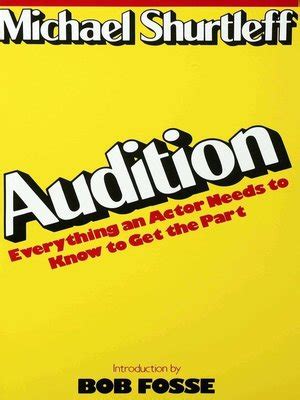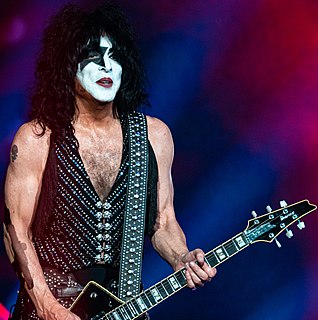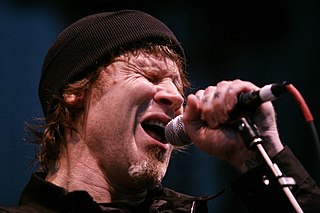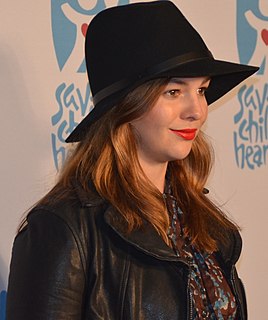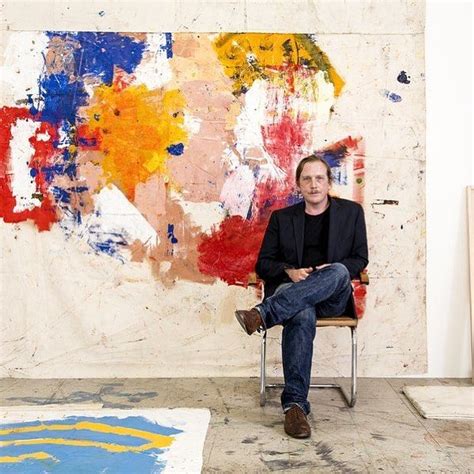A Quote by Milton Resnick
From the very beginning, art meant something very important to the people who made it. It was a correspondence of the emotions to what you saw; it wasn't knowledge. You were being at one with something eternal; something outside of yourself. And no matter how many fake things have been brought in to suit other conditions... That is still true.
Related Quotes
It's very important to distinguish between what most people in the West think about knowledge, and what the Indian concept of knowledge is. In the West the knowledge is something that is tangible, is material, it is something that can be transferred easily, can be bought and sold; or as in India real knowledge is something that is a living being - is a Vidya.
It meant a kind of real liberation of expression. It embraced amateurism in a way that I still am inspired by. It was not about trying to get, you know, stadium gigs or even commercial radio play or even record deals for that matter. It was about saying something 'cause you meant it, and expressing something that you felt. And that was primary for that - whatever the scene, whatever punk rock means, it was very, very important to me, very formative.
This story is about the Baudelaires. And they are the sort of people who know that there’s always something. Something to invent, something to read, something to bite, and something to do, to make a sanctuary, no matter how small. And for this reason, I am happy to say, the Baudelaires were very fortunate indeed.
We all know that something is eternal. And it ain’t houses and it ain’t names, and it ain’t earth, and it ain’t even the stars . . . everybody knows in their bones that something is eternal, and that something has to do with human beings. All the greatest people ever lived have been telling us that for five thousand years and yet you’d be surprised how people are always losing hold of it. There’s something way down deep that’s eternal about every human being. -stage manager, in the play OUR TOWN
I'm very fortunate, and the movies that I've made, even from the very beginning, have been very eclectic. The thing for me is: Am I emotionally engaged in the idea? Is there something special about it? Does it capture my imagination? So everything that I do is simply something that turns me on. And I have the good fortune to be able to make bigger movies and television that ostensibly pay for the other ones. I don't mean literally finance the movies. But they allow me to work on things for very little pay. I do these things because I love them.
No matter how much we know about the other person, there is always something going on in that other heart and that other head that we don't know but can only ponder. And no matter how we explain ourselves to someone else, no matter how open we are, there is always still something inexplicable, something hidden and unknown in us, too.
Now, as when I made films that were too autobiographical, the problem is how to escape naturalism. If you tell a strictly true story, because the way you are telling it is false, it creates naturalism. But I become a naturalist. And to become a naturalist is something I avoid. It is fake life - that is the problem. It is because we are familiar with situationnisme, and the critique of the spectacle, et cetera, which is a very fair criticism. People who have no life, and who watch this fake life on a screen - it's a very alienated situation. And that's what situationnisme is about.
It doesn't matter how bad things are, something good could happen always. And it doesn't matter how many excuses you have for behaving in an unkind manner towards others. There's never any excuse for not being kind and it's always better to be kind even if it seems pointless and that in fact is the highest wisdom - being kind. It sounds like a very noble, ethereal, simplistic idea but it's true.
Photography was increasingly being seen as something outside the art world. As a sort of illustration. They just fired the director of photography at the Sunday Times Magazine - that's where everyone went with their photo essays in the '60s, '70s, and '80s. It was the place to get published. It is an issue. And I feel it. There's no budget. The budget-holders are very often people who've been to the professional colleges where art is not taught. So art as a part of education is something that's missing - since Thatcher's day, anyway.
Working with different people and do things that normally I would not do makes the music interesting for me to continue. It keeps me alive. When I'm doing something alone, that is mine, I know how it is. But when I'm working with someone else, I also see the view from the other, and usually learn something new, try something different. This is very important to my happiness.








